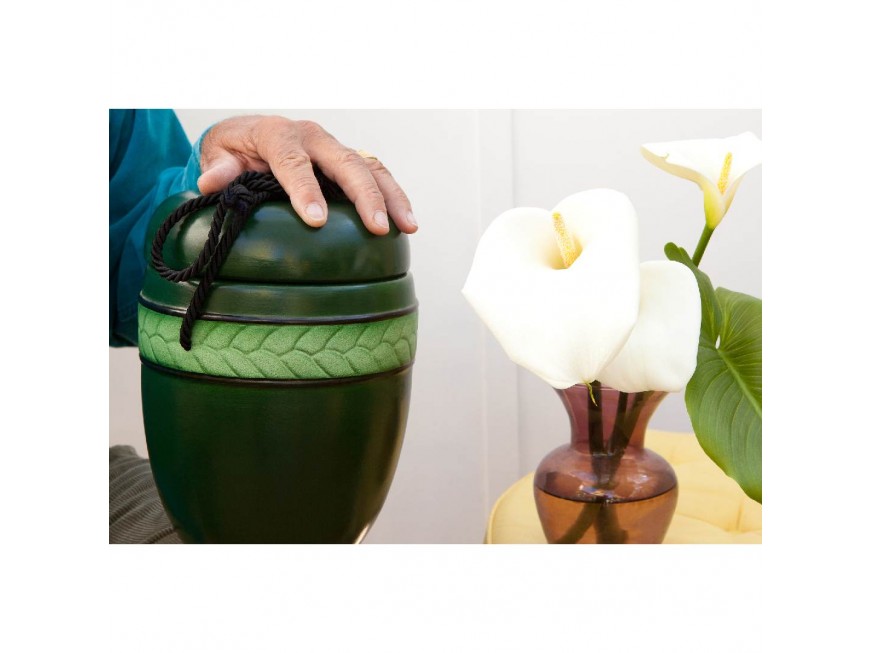
Tags: cremation history modern cremation ancient cremation practices cremation acceptance cultural views on cremation environmental impact of cremation green cremation cremation technology cremation personalization cremation in different cultures eco-friendly cremation memorialization options cremation and grief future of cremation cremation care Dogwood Cremation Care cremation rituals bio-cremation cremation vs burial cremation innovations.
Introduction to Cremation
Cremation, the method of reducing a body to ashes through burning, has an intricate and varied history. This practice, rooted in ancient tradition, is becoming increasingly popular in modern society. Dogwood Cremation Care presents a detailed exploration of cremation's evolution, from its earliest inception to its growing acceptance and changing significance in today's world.
Ancient Origins of Cremation
Cremation traces back to prehistoric times, but its adoption has varied greatly across different eras and societies.
The Beginnings in the Stone Age
Archaeological finds suggest that cremation could have been a common practice as early as 3000 BC, with evidence found in decorative pottery urns used to store the resultant ashes.
Adoption by Ancient Civilizations
Cremation was widely adopted by several ancient civilizations, each incorporating it into their cultural and religious practices.
Ancient Greece
In Ancient Greece, cremation was associated with honor and valor, often reserved for heroes and the noble class.
Ancient Rome
Romans saw cremation not just as a practical measure but also as a means of displaying wealth and prestige.
The Viking Tradition
Viking cremations were elaborate ceremonies where the deceased were sent off on ships set aflame, symbolizing a journey to the afterlife.
Religious Perspectives on Cremation
Religious views on cremation have influenced its practice significantly throughout history.
Hinduism and Cremation
In Hinduism, cremation is considered a sacred rite, essential for the release of the soul from the physical form.
Christianity and Cremation
Christianity's stance on cremation has evolved, with many denominations now recognizing it as an acceptable practice.
Other Religious Views
Cremation is interpreted differently across religions, with some embracing it and others advocating for burial.
The Modern Resurgence of Cremation
Several factors contribute to the modern rise in cremation's popularity.
Changes in Societal Attitudes
Cultural shifts have led to an increased openness toward cremation as an alternative to burial.
Technological Advances in Cremation
Advancements in technology have made cremation more efficient and accessible, contributing to its prevalence.
Environmental Considerations
Environmental impact is an increasingly significant factor in the choice between cremation and burial.
Cremation vs. Traditional Burial
Cremation is often viewed as a more environmentally friendly option compared to traditional burial practices.
The Rise of Green Cremation
Eco-friendly cremation methods are emerging, offering a more sustainable choice for end-of-life options.
Cremation in Different Cultures
Cremation practices reflect a wide range of cultural beliefs and customs.
Eastern vs. Western Practices
Cremation is embraced differently across cultures, with varying rituals and significances attached to the practice.
The Personalization of Cremation
Cremation allows for a diverse range of personalization options for remembrance.
Memorialization and Remembrance Options
The versatility of cremation affords various unique and meaningful ways to honor the deceased.
The Role of Cremation in Grief and Closure
Personalized cremation rituals can offer solace and a sense of connection to those grieving.
The Future of Cremation
The future of cremation is likely to see continued innovation and personalization.
Predictions and Innovations
Ongoing advancements suggest a future where cremation is even more tailored to individual and environmental needs.
Conclusion
Cremation's evolving narrative is a testament to its enduring relevance and its capacity to adapt to the needs of modern society. As we continue to embrace this ancient practice, we reflect on its past, consider its present implications, and look forward to its future developments.
FAQs
How has cremation been perceived historically in various cultures?
Historically, cremation has been perceived in various ways, ranging from a noble ritual among ancient Greeks and Romans to a sacred rite in Hinduism. In contrast, it was traditionally shunned in Christianity and Islam, though some Christian denominations now accept it.
What technological advances have been made in cremation practices?
Technological advances in cremation include the development of modern crematoriums with more efficient and cleaner burning methods, the introduction of bio-cremation which uses water and alkaline chemicals, and the creation of various options for ash memorials such as diamonds or reef placements.
How does cremation align with eco-friendly practices?
Cremation can be more eco-friendly than traditional burial due to the reduced land use and the avoidance of embalming chemicals. Furthermore, green cremation methods, such as bio-cremation, offer even more environmentally sustainable options.
Can cremation be personalized in the way traditional burials can?
Yes, cremation can be highly personalized. Options range from choosing eco-friendly urns to holding unique memorial services. Additionally, the ashes can be incorporated into personal memorials such as jewelry, art, or even planted with a tree.
What might the future of cremation look like?
The future of cremation is likely to involve further technological innovations that make the process even more environmentally friendly and personalized. It might include new memorialization options and perhaps digital commemorations that use virtual reality or online memorials.

